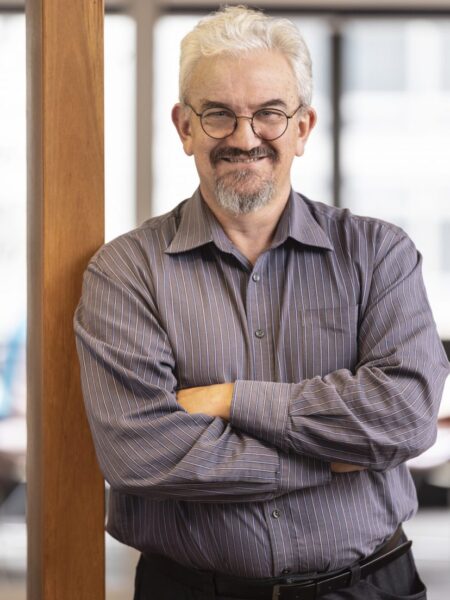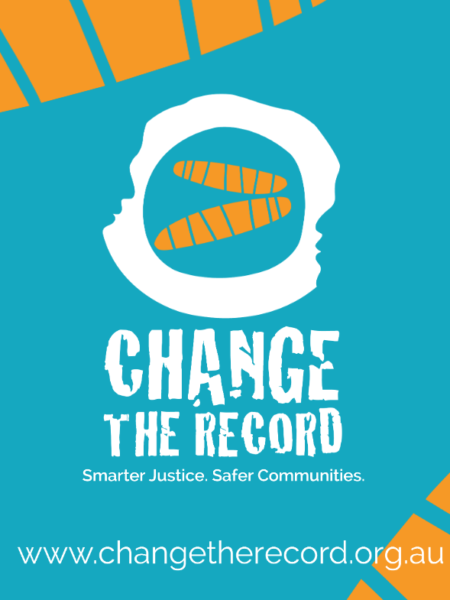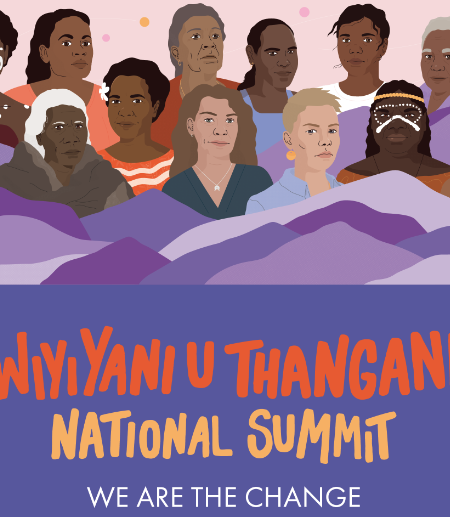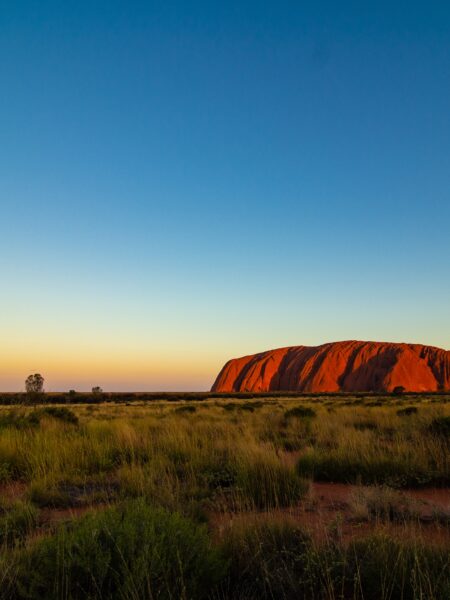Do you support an alteration to the Constitution that establishes an Aboriginal and Torres Strait Islander Voice?
The Australian Institute’s national survey of 1,000 Australians between June and July 2022 found that support for a constitutionally enshrined Voice is increasing. However, a successful referendum is no easy feat with only 8 of 44 proposed changes since the constitution was written having passed. A double majority of both the national vote and a majority of votes in at least four states in favour is required. This is not the decision of any one political party, voice, or mob – this is a democratic process where on a rare occasion, everyone’s opinion aligns for real change.
In the lead up to the referendum, we’ll hear a multitude of opinions and debates about the technicalities of the Voice’s structure and processes.The accumulation of views may confuse or sway your decision at any given moment. How you navigate all the views and noise will be critical to the outcome and ANTaR is here to help you do that, to ensure that you have a confident and informed understanding of why you’re choosing to vote for or against a Voice on referendum day.
We are already seeing hard debates and discussions around the Voice, with staunch agreement or strong disagreement, in First Nations communities and from opinionists with varying degrees of knowledge and some cynical motivations.
There should be two important questions front of mind when you are considering what is being said. What are the motivations behind the opinions being expressed, and what value do they bring to those who they intend to serve? Although the referendum question will not be open ended, being able to answer these questions will provide clarity around which principles you value when heading to the voting booth.
Where politicians and Australians may vigorously or loudly oppose the details of a First Nations Voice, we cannot assume that these concerns correlate to a vote against the Voice. When they are asked the simple yes or no question of whether they will support the Voice on referendum day, this is where you’ll likely see the smoke clear.
The ABC Q+A hosted by Wiradjuri man Stan Grant at the 2022 Garma Festival brought together prominent First Nations leaders such as Minister Linda Burney and Social Justice Commissioner June Oscar.
This was a special moment for me and many First Nations viewers. An entirely Indigenous panel. Thought leaders who represent their communities and can speak to the issues on national television with confidence and authority. Their views have real weight with their communities and the next generations. It is a testament to how far we have progressed as a nation that these discussions can be had without the need to speak through non-Indigenous voices. It was raw and it made you question what you might think you already know.
All the arguments that were expressed were sound. They reflected the personal lived experiences of Mob from all over Australia. What would confuse those who may be new to the issue is the great divide that could be felt through the screen at different points. But this shouldn’t be seen in a negative light. What surfaced were important issues about bureaucracies, power dynamics, clarity, and consequences that an enshrined Voice will invariably have on First Nations peoples. A First Nations Voice is about bringing these Aboriginal and Torres Strait Islander perspectives to bear on the workings of Parliament and the laws that governments seek to impose on First Nations peoples.
Jacinta Price, the Country Liberal Senator for NT argues that we should not have to wait for a Voice to do the work that needs to be done. The Government shouldn’t have to wait for the Voice to do the right thing. Price also claims that an enshrined Voice will ultimately place First Nations peoples in a continued position of marginalisation. She sites already successful projects happening in communities and the negative impact of creating another bureaucracy that attempts to represent all First Nations people. When asked whether she’ll support a Voice, she says “probably not”.
A couple of points should be raised here. During the Q+A, Jacinta Price is relying on hope that governments with long and poor track records will morally do right by First Nations people, and as we have seen throughout history, that is a slippery slope. First Nations people have waited patiently for decades for the fulfilment of government promises, commitments and initiatives. We have, in good faith, made recommendations through detailed reports to save and protect our communities, hoping that governments will do right by us. We are still waiting for the genuine honouring of the recommendations in both the Royal Commission Into Aboriginal Deaths In Custody (RCIADIC) and the Bringing them Home Report (1997). Unfortunately, we cannot rely on the current or future governments to adopt the same commitment to good faith as First Nations people and communities.
Which brings me to my next point, or Linda Burney’s for that matter. The current First Nations leaders must not take for granted the progressive nature of the current Government, as Linda points out “I will not be in the parliament forever. Jacinta will not be in the parliament forever”. She’s right.
We must consider the temporality of politics. Circumstances change quickly and the opportunity that this moment is offering must not be wasted. Reactionary and spoiler views via the likes of Pauline Hanson in the Senate are not going away. Encouragingly, this Parliament has the highest number of First Nations people ever elected, with 11 representatives from across the country.
We cannot take for granted the opportunity to be a part of genuine change out of fear of uncertainty. That’s why we continue to push for change, to strengthen our Voices in an effort to make sure that our children will be seen and heard. The Voice needs to be considered a working progress that is adaptable to the inevitable evolutions of time. The Voice will adapt and grow as Australia does.
PM Albanese’s speech articulated the challenge “if not now, when?”. If we ignore this opportunity, there’s no guarantee that this will come again in our lifetime. We also must consider the repercussions of an unsuccessful referendum. Will opposing political parties and leaders cling to a view that our perspectives or voices aren’t valued enough by our fellow Australians to engage in consultation? We’ve seen this attitude cause intergenerational trauma for our people through the Stolen Generations and the irreparable damage to our sacred sites like the destruction of the Juukan caves. However, as Dean Parkin points out, there is evidence to support the bipartisanship that opinionists are concerned about:
“So what we know now is we’ve had 15 years, 15 years, of unbroken bipartisanship on the question of recognising Indigenous peoples in the Constitution. That remains today.”
We should consider what came of the 1967 referendum to include Aboriginal and Torres Strait Islander people in the census and make the Federal Government responsible for policies specific to First Nations. Our late inclusion has meant that we can fight for First Nations rights in the places we were formerly excluded. It means we began the process of identifying systemic racism and injustice and to challenge the lazy prejudice that dictated policies for so long.
This is the history that I carry. These are all questions that race through my mind as a young First Nations person who faces a decision that will have an impact on my life and generations of First Nations and non-Indigenous Australians.
This is where you have a responsibility. If you have questions or doubts, you are urged to do your own research, ask questions and please don’t rely solely on your social media feeds for all of your information. This is where ‘no’ campaigns will use grossly exaggerated or baseless headlines as clickbait.
If you supported the campaigns such as the Black Lives Matter Movement in Australia or the Free the Flag campaign, this is where it is going to matter the most and where meaningful change awaits.




